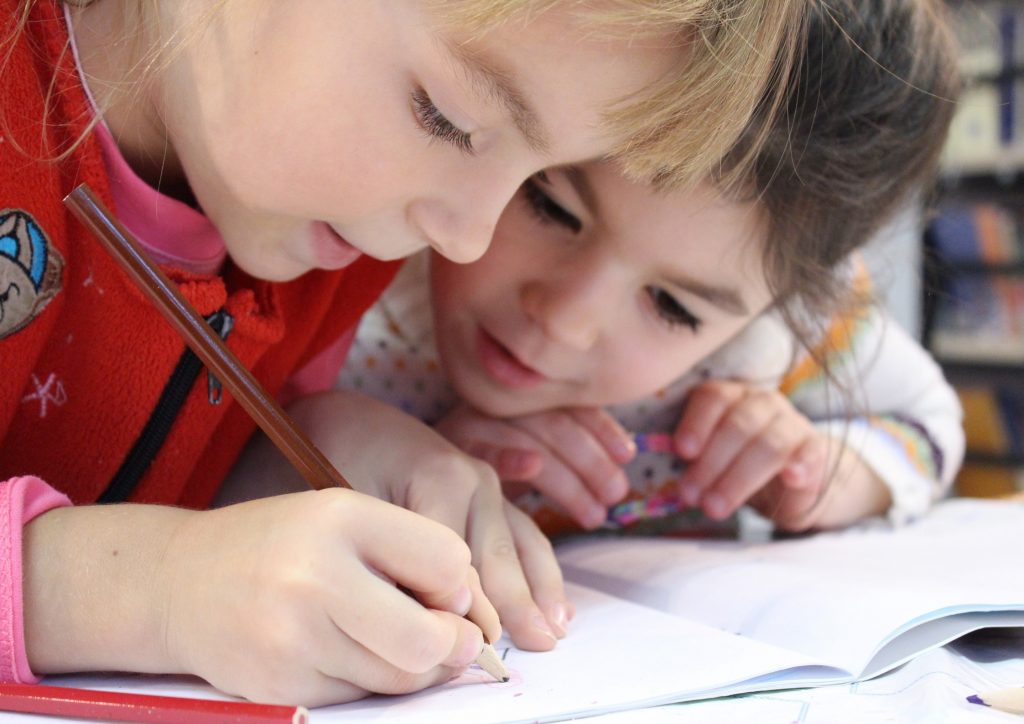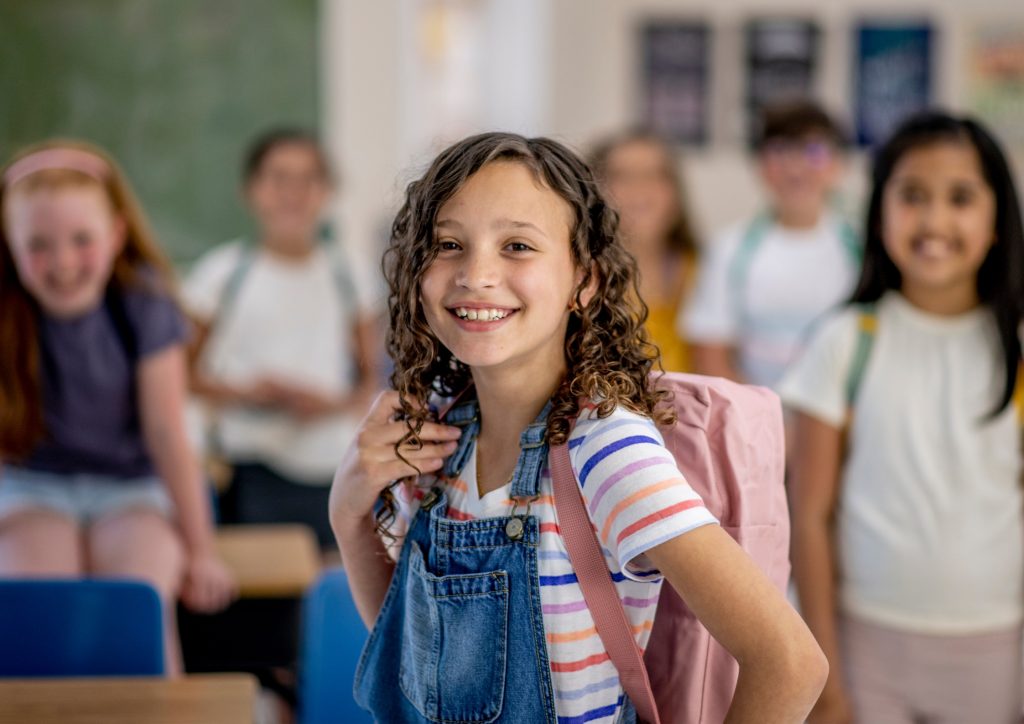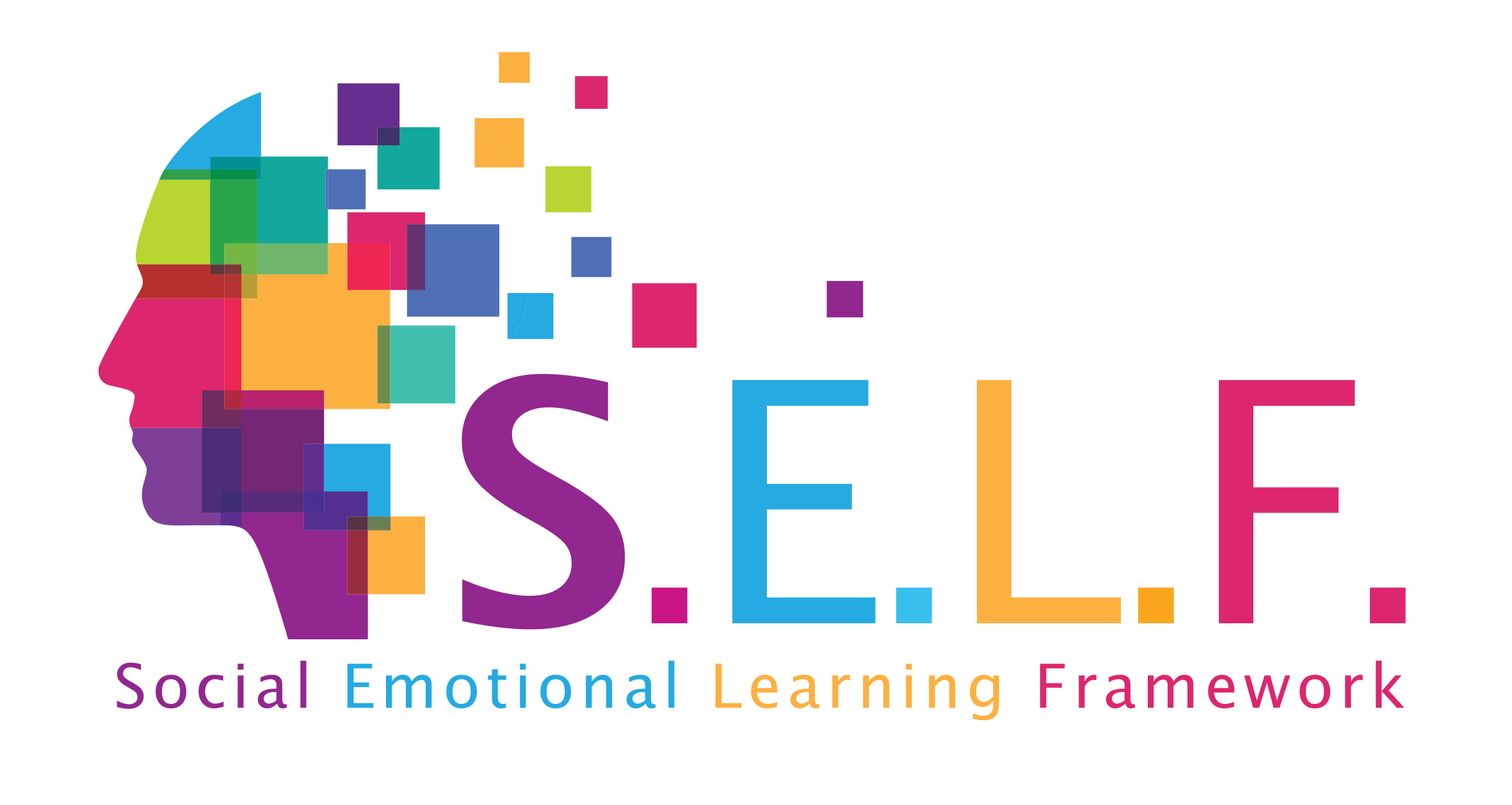PEER RELATIONSHIPS
What Is Peer Relationship?
Why Is It Important?
Best Practices
What Is Peer Relationship?
What are the impacts of peer relationships?
 How are peer relationships shaped based on the development periods?
How are peer relationships shaped based on the development periods?
For children, peer relationships involve their own characteristics as a form of relationship where they may adopt different roles than adult-child relationships.
School is the first place where children fully begin to establish peer relationships. It is observed that there is a positive correlation between peer relationships and adaptation to school. In other words, children who have better relationships with their peers adapt more easily to school. Sense of belonging at school is enhanced significantly with peer relationships. Children contribute significantly to the development of self-confidence, both for themselves and their peers, through support, trust, and empathy with each other. This way, their adaptation to school, social interactions, and their academic interest and curiosity increase.
Through peer relationships, children access the opportunity to develop their social adaptation, interactions, and problem-solving skills. They acquire social skills, which are important in communication with their peers, more rapidly. Also, the relationships they build with their friends mirror their mental resilience. That relationship may damage them, yet it can renew and strengthen them.
Friendships are shaped according to children’s age and development period.
In Preschool period, children start to learn to express themselves and perceive others’ feelings and thoughts in the right way. This is a period when it is critical for children to understand the external world and establish new social relationships. The skills children will acquire in this period have tremendous value in terms of individualization and being able to develop positive relationships throughout their lives.
The key purpose of this period in friendships is to ensure that children can understand the importance and meaning of friendship, learn the characteristics of a good friend, and develop strong communication skills.
In the Primary School period, children’s individual traits and interaction with each other constitute the foundation of peer relationships. In this period, children strive towards being accepted in a group and live as a group. Children learn to maintain relationships through fulfilling the requirements of their role in a group and the sense of belonging. Such a role also gives them the opportunity to develop self-knowledge and discover their own traits.
Adolescence is marked by shared areas of interest and increased emotional exchange, unlike the childhood period. The childhood period involves more tangible activities, such as playing games, while adolescence is characterized by withdrawal from these.
Positive peer relationships play a key role in adolescents’ ability to overcome the issues they encounter during this period and preparing them for becoming adults. In this period, peers contribute to each other’s social development by setting a role model for one another and providing feedback. Furthermore, peer groups have a considerable influence on adolescents’ development of self-respect together with engagement and sense of belonging.
Why Is It Important?

Research shows that positive peer relationships have numerous significant impacts on both school lives and social lives of children, starting from the pre-school period.
- Friendships play an important role in the social, emotional, and cognitive development of children at each stage of development.
- Even having merely one close friend can help protect children against the impact of negative treatment by peers.
- Research conducted to investigate sense of loneliness in children points that children’s sense of loneliness diminishes and participation in school grows through peer acceptance, the quality of friendships, and mutual exchanges in friendships.
- Secure bonds formed with peers are observed to have a positive influence on the positive sense of self and different perspectives.
- Supportive peer relationships and close connections have a good influence on adolescents’ positive social behaviors towards others.
- Positive peer relationships contribute to reducing social withdrawal in adolescence.
- It is observed that peer acceptance influences academic achievement positively starting from childhood and such influence increases as people grow.
